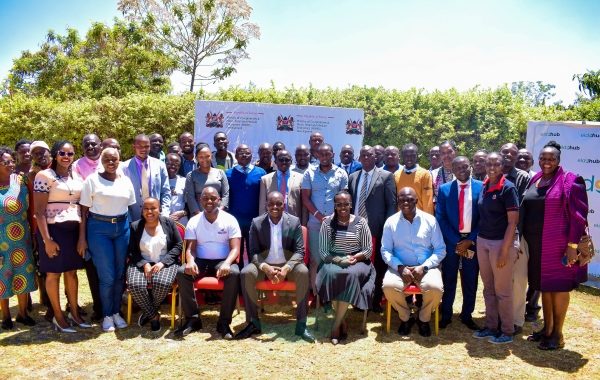The Micro and Small Enterprises Authority (MSEA), in partnership with SNV, successfully launched the first phase of a series of awareness forums aimed at educating entrepreneurs on existing policies and available business support services. These sessions, complemented by enhanced monitoring tools, are designed to foster a more informed and empowered Micro, Small, and Medium Enterprises (MSMEs) ecosystem in Kenya.
The Business Awareness Creation Forums brought together over 400 MSMEs, including youth, women, and persons with disabilities operating across diverse sectors in three key regions; Nakuru, Uasin Gishu, and Kisumu.
Key Discussions and Stakeholder Engagement
Speaking at the forums in Nakuru, Kisumu, and Uasin Gishu, MSEA’s Director of Infrastructure Development and Innovation, Eng. Edward Karani, outlined the Authority’s role in supporting MSMEs. He emphasized the benefits of business formalization and introduced capacity-building initiatives such as the SME Loop, a partnership with GIZ aimed at fostering business growth. Eng. Karani also highlighted upcoming projects, including the National Youth Opportunities Towards Advancement (NYOTA) and the Kenya Jobs and Economic Transformation (KJET) initiative, while reaffirming MSEA’s commitment to providing workspaces for MSMEs through Juakali Worksites and Constituency Industrial Development Centers (CIDCs).
SNV’s Country Leads, Nduta Ndirangu and Dr. David Ojwang, underscored their organization’s commitment to supporting MSMEs, particularly in three core sectors: Agri-Food, Energy, and Water. They highlighted SNV’s implementation of the Investing in Young Businesses in Africa (IYBA) Seed Program, which enhances the entrepreneurial ecosystem for youth and women by improving access to financial and non-financial business development services. This initiative aims to create sustainable employment, bolster enterprise resilience, and drive economic transformation.
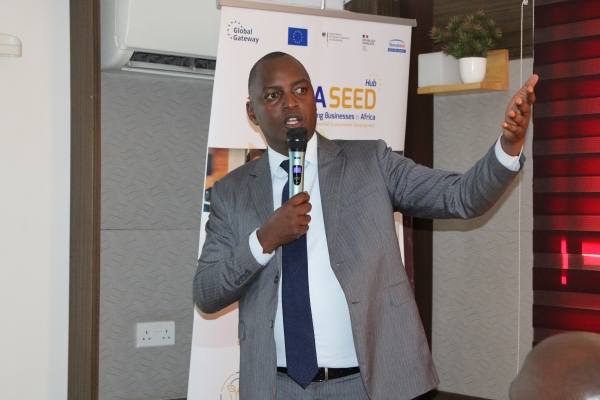
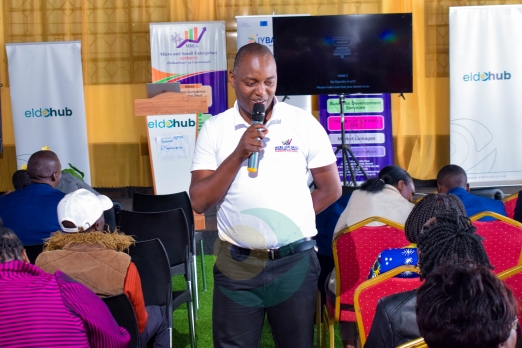
MSEA’s Director of Infrastructure Development and Innovation, Eng. Edward Karani.
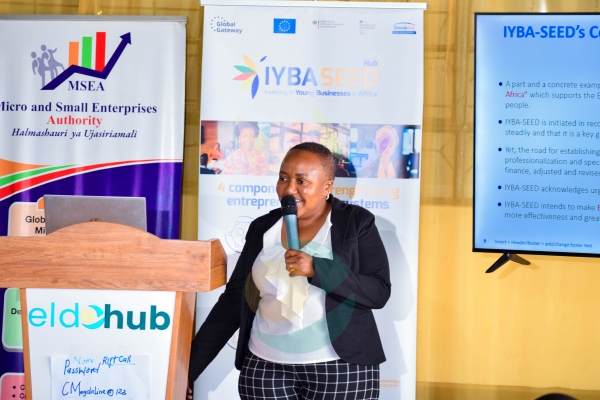

SNV Country Leads Nduta Ndirangu and Dr. David Ojwang
In Uasin Gishu, the forum was officially opened by His Excellency the Deputy Governor, Evans Kapkea, who commended MSEA and SNV for their efforts in accelerating MSME growth and sustainability. He stressed the importance of policy-driven initiatives and strategic partnerships in strengthening small businesses. Accompanied by County Executive Committee Member (CECM) for Trade, Industrialization, and Investment, Eng. Martha Cheruto, the Deputy Governor reaffirmed the county’s commitment to creating a conducive business environment.
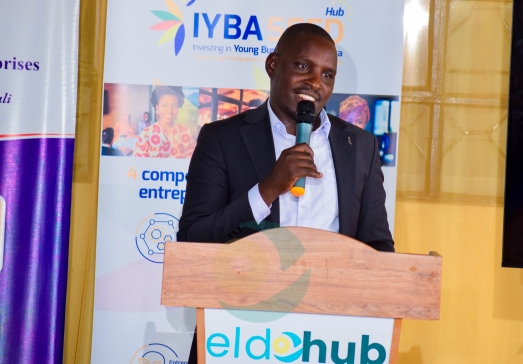
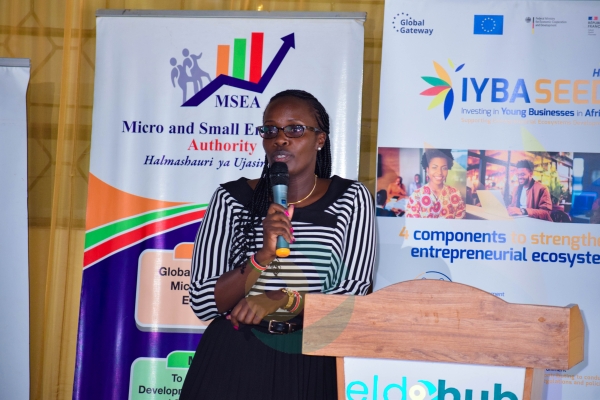
His Excellency the Deputy Governor of Uasin Gishu County, Evans Kapkea and County Executive Committee Member (CECM) for Trade, Industrialization, and Investment, Eng. Martha Cheruto
To support market linkages, MSEA’s regional offices facilitated a product exhibition where selected MSMEs showcased their enterprises. Among the exhibitors were: Transcare Agencies manufacturers of energy-saving jikos, Abilag Nuts peanut butter processors, Gramon Creations handcrafted beaded jewelry business, Almalefs African Wear creators of stylish African attire, Creative Shoes and Leatherworks shoe and leather goods manufacturers, Nyando Beekeepers producers of organic honey, Rocyoliph Enterprises a dragon fruit farm in Ahero with over 400 plants on a quarter-acre plot, Krafts Mimosa manufacturers of leather goods such as wallets, purses, cardholders, handbags, and travel bags.
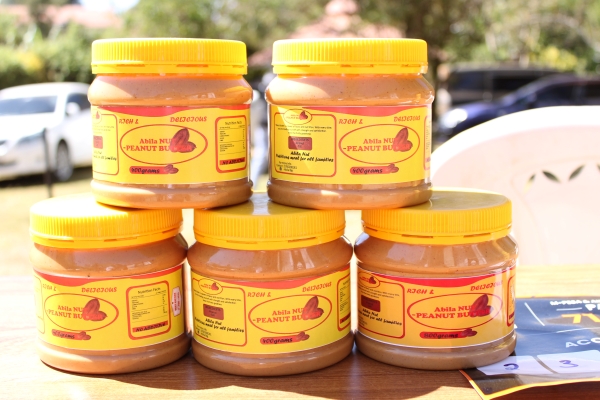
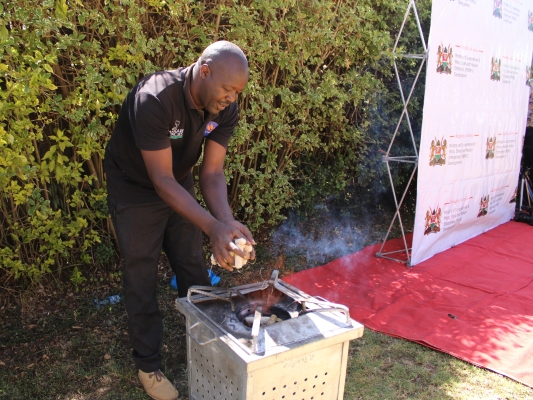
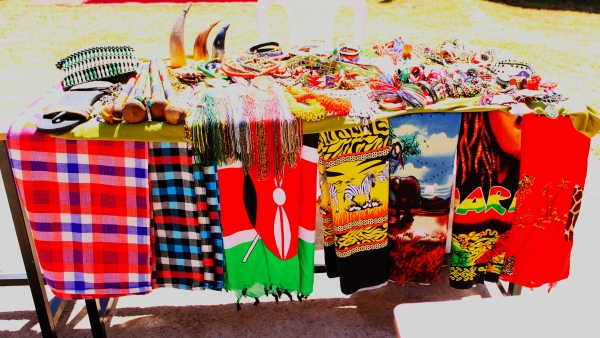

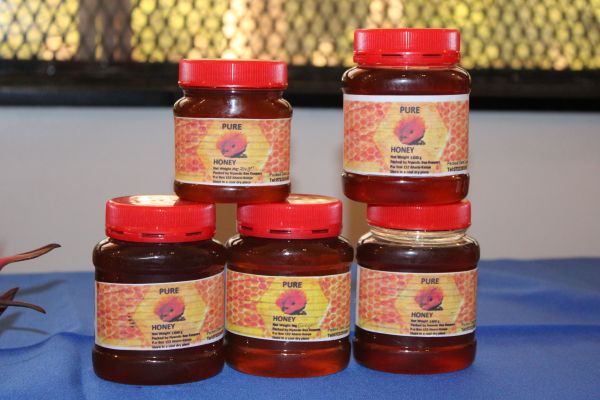
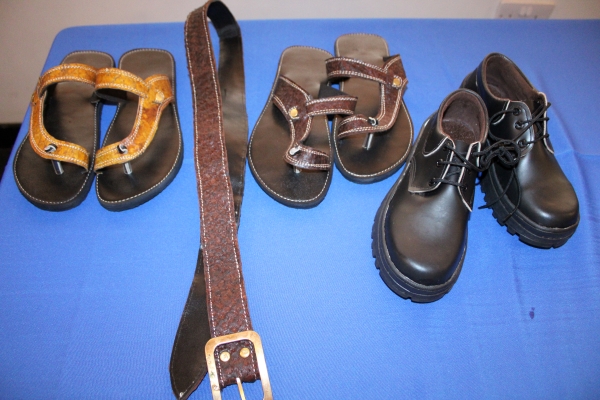
Insights from Policy Discussions
The forums featured engaging panel discussions on Bridging the Gap: MSE Policy Development and Implementation, with contributions from MSEA regional heads, SNV representatives, and key national agencies. This was followed by an interactive plenary session, where MSMEs directly engaged with panelists, seeking clarifications and sharing real-world experiences based on earlier presentations.
Participants gained deeper insights into business formalization, access to financial resources, and regulatory compliance, enabling them to make informed decisions for their enterprises. The product showcase provided MSMEs with a platform to not only display their offerings but also attract potential customers and establish valuable business connections. The forums delivered practical growth strategies, valuable policy insights, and direct engagement with key industry stakeholders, fostering better-informed, competitive, and sustainable enterprises. These events also served as a platform for stakeholder feedback, ensuring continuous policy and program enhancements.
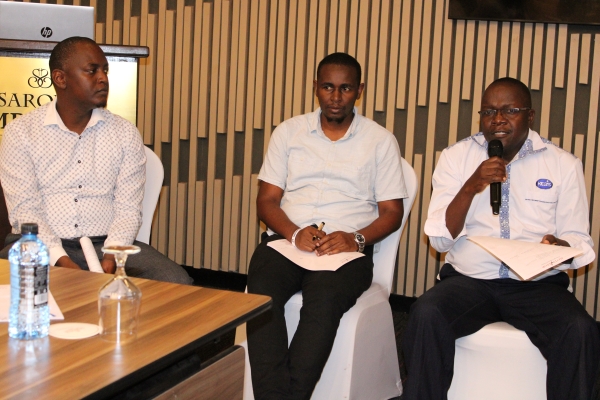
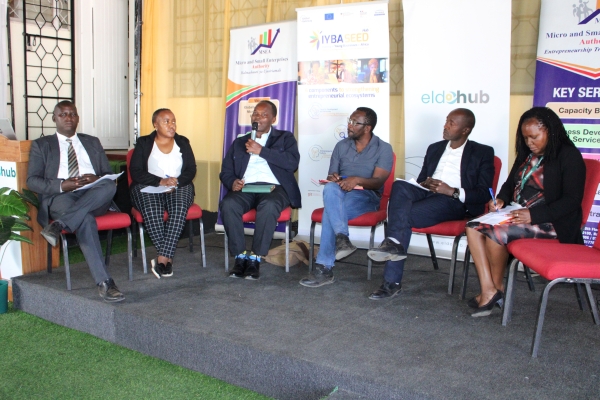
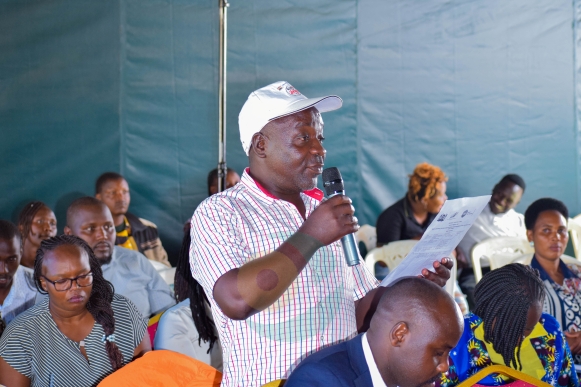

Moments captured during the discussions
In support of entrepreneurship, the European Union introduced the Team Europe Initiative (TEI) under the IYBA program to assist startups and young entrepreneurs in establishing sustainable, inclusive, and job-creating ventures. The Supporting Entrepreneurship Ecosystem Development (SEED) program is another critical initiative focused on nurturing early-stage businesses, particularly those led by women and youth aged 18-35. MSEA remains committed to driving sector growth through projects and policies such as NYOTA, KJET, the SME Loop project with GIZ, and the ongoing formalization of businesses to enhance government intervention strategies.
Notable stakeholders represented in these sessions included representatives from MSEA, SNV, and the County Governments of Nakuru, Uasin Gishu, and Kisumu, alongside institutions such as the Kenya Bureau of Standards (KEBS), Kenya Industrial Estates (KIE), Kenya Revenue Authority (KRA), Kenya Industrial Research and Development Institute (KIRDI), Kenya National Chamber of Commerce and Industry (KNCCI), Kenya Institute of Business Training (KIBT), Kenya Association of Manufacturers (KAM), the State Department for Youth Affairs and Creative Economy, Kenya National Federation of Jua Kali Associations (KNFJA), Somo Africa, Strathmore University, Youth Enterprise Fund, Kisumu Small Business Development Centers, and financial institutions including National Bank of Kenya, NCBA, Equity Bank, and Kingdom Bank.
Through the MSEA-SNV partnership, the sustainability of women and youth-led businesses in Kenya is being strengthened. By leveraging their expertise and networks, these organizations aim to maximize impact in key sectors, including the green and circular economy, agriculture, blue economy, digital innovation, infrastructure, financial services, and manufacturing.

